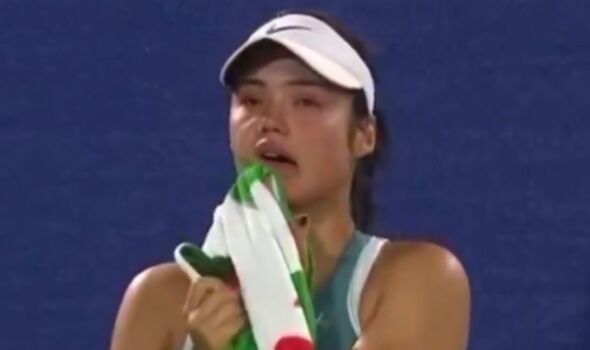
The centre is falling apart across Europe
November 30, 2014
Ageing Europe needs the migrants it doesn’t want
December 1, 2014Their enthusiasm will return if the draw on December 15 pairs them with some exciting club, but so far it’s been clear that many Celtic fans just can’t get worked up about the Champions League’s wee brother. They don’t print attendances in the Celtic programme any more – why not? – but more fans travelled to Murrayfield for the Legia Warsaw Champions League qualifier than were at Parkhead when Europa League qualification was secured on Thursday. It has been a tournament played below the empty tundra of the closed top tier.
Managers occasionally admit they can speak nonsense straight after games, when the blood is pumping, and Deila said a couple of things after the Red Bull Salzburg game which did not stand up to scrutiny. He was asked about how difficult the Europa League will become when eight clubs drop in from the Champions League later this month. “If we can handle this [Red Bull] we can handle the Champions League teams as well,” said Deila. But Celtic hadn’t handled Red Bull. They’d just suffered another home defeat in Europe. Every time they’ve faced a stronger team this season – Legia Warsaw, Maribor, Red Bull – they’ve lost the home leg.
Multiple exposure to the Champions League group stages means Celtic has an educated support. They know what they’re watching. Sure, being in the Europa League is okay, it generates some money, it keeps the season ticking, there could be some excitement if they get an attractive draw, John Guidetti should be playing for them in round of 32. But there isn’t any real prospect of Celtic surviving until the competition gets serious. Legia Warsaw took them apart, as Red Bull threatened to four nights ago. Celtic have won only two of the nine European games they’ve played since July and they struggle to defend against stronger sides. It is sobering to realise that Virgil van Dijk has played 17 European ties since joining Celtic and in all of those there have been only three clean sheets (two against KR Reykjavik) and 30 goals have been conceded. Van Dijk looks elegant on the ball and does not make noticeable mistakes, but teams such as Legia and Red Bull are quick and precise enough to exploit his wandering positional sense and tendency to switch off.
Deila needed to get out of this group and doing so has helped build his reputation. It will be good for him, and for Celtic, to still be playing European games in February. But his other throwaway remark late on Thursday night – that the squad he has right now is good enough to win the Europa League – had a few of us reaching for the smelling salts.
And Another Thing . . .
So at least a quarter of a century will pass without Aberdeen winning the Scottish Cup. Their current team is stronger than any to wear the colours in the past 20 years but since winning the League Cup they have gone out of the Scottish Cup in April, and again in November. For a club which is positioning itself to be a permanent force, rather than a one-season wonder, these have been two deeply wounding setbacks.
There was no comfort for them in having a few Premiership clubs for company in the losers’ compound by the end of the weekend. The restructuring of the Scottish Cup, with the top-flight teams entering last month, has been hugely to the competition’s detriment.
The clubs voted this change through unanimously after previous issues with January and February weather postponements. No doubt sponsors William Hill like having their exposure stretched across more of the season. But where is the evidence that fans want cup games in November?
Crowds were poor and in some cases alarming – 14,000 at Ibrox, 12,600 at Tynecastle – and those who came away beaten were left grumbling that their season is over. In November. A season has a rhythm: Europe and the League Cup complementing the league until the turn of the year, the Scottish Cup prolonging interest (for the bigger clubs) after it. Not for the first time what the clubs voted for, and what their fans want, bear little relation.
And Finally . . .
Even in the catalogue of financial madness which passes for any set of Rangers accounts these days there is always something that sticks out as particularly grotesque. Philip Nash was paid £131,412 for six months of consultancy work. Why? What did he do to earn it? And how did chairman David Somers first describe Derek Llambias’s involvement in October? As “a consultant”.
The faces come and go; the culture continues.



